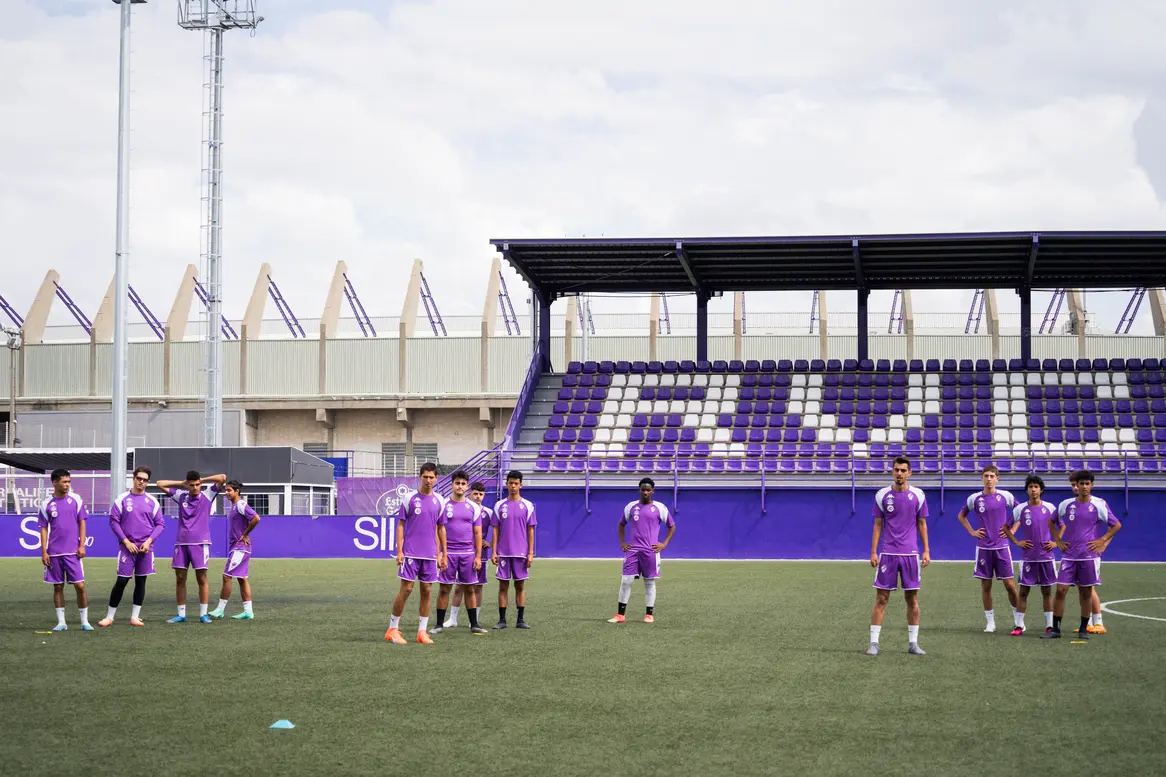In the world of sports, motivation is one of the most determining factors for achieving success. It’s the internal drive that pushes athletes to get up every day, train hard, and overcome the inevitable challenges along the way. In both individual and team sports, motivation plays a crucial role in maintaining focus and discipline. When it comes to football—a sport that is both highly competitive and demanding—motivation not only affects individual performance but also directly influences team cohesion and collective success.
Motivation: A Key to Overcoming Challenges in Football
Football, perhaps more than any other sport, demands constant commitment on both physical and mental levels. The effort required in each training session, the strategy involved in every match, and the pressure to deliver results can all take a toll on players if they are not adequately motivated. This is where motivation in sports becomes an essential tool for overcoming these challenges. Football players not only need to be physically prepared, but they must also have strong motivation to perform at their best.
This motivation can stem from various sources, such as the desire to win, personal improvement, support from fans, or recognition for their efforts.
Types of Motivation in Sports
There are two main types of motivation that influence athletes: intrinsic motivation and extrinsic motivation.
- Intrinsic Motivation
This comes from within the individual and is driven by personal enjoyment of the activity and a desire for self-improvement. A football player with intrinsic motivation focuses on enhancing their technique, enjoying the game, and learning from each experience. - Extrinsic Motivation
This is related to external factors, such as winning competitions, earning financial rewards, or receiving praise from fans.
Both types of motivation are important, though studies indicate that intrinsic motivation tends to be more enduring and sustainable over time.
Motivation in Team Sports
For football players, motivation is especially critical because it’s not just an individual factor; it’s also collective, as part of a team. The cohesion of a football team largely depends on its players sharing a common vision and aligning their goals. Motivation plays a fundamental role in achieving this.
Teams with high motivation tend to perform better, both in training sessions and during matches. This motivation can arise from a desire to win a championship, overcome a challenging season, or simply from a shared love of the game.
Sustaining Motivation Throughout a Football Season
One of the biggest challenges in football is maintaining high motivation throughout an entire season. This becomes particularly relevant during tough times, such as after a loss or during a string of poor results. Coaches and team leaders play a vital role here, as they are responsible for infusing energy and positivity into their players.
A motivational speech in the locker room can often ignite a spark of determination or lift players’ spirits before an important match. Motivational words for a football team can generate an instant shift in mindset, inspiring players to give their best.
The Role of Motivation in Overcoming Adversity
In many cases, sports motivation doesn’t just impact the result of a match; it also determines a team’s or player’s ability to face tough moments. A great example is when a team is losing in the final minutes of a game. Rather than giving up, a motivated team will find the strength to keep fighting until the last second, seeking opportunities to equalize or win. This demonstrates the value of strong motivation, which keeps players focused and determined until the very end.
Building Team Motivation
Football, as a team sport, requires a unique dynamic where all players must align their efforts and commitment. To achieve this, it’s essential for each player to be motivated not only by their personal achievements but also by the team’s success. This fosters a sense of camaraderie and teamwork, strengthening on-field performance.
Teams that manage to maintain high motivation throughout the season are often the ones that achieve the best results.
Strategies to Maintain Motivation in Football
Keeping motivation high throughout a season can be challenging. Defeats, injuries, or periods of poor performance can drain players’ morale. However, several strategies can help sustain motivation:
- Set Clear Goals
Establishing both individual and collective goals is one of the most effective ways to maintain focus and motivation. These goals don’t always have to be about winning a competition; they can include smaller, short-term objectives, such as improving passing accuracy or enhancing communication on the field. These small victories contribute to maintaining high motivation and encourage a continuous improvement mindset. - Provide Positive Feedback
Acknowledging a player’s extra effort in training or congratulating them after a strong performance in a match can reinforce their motivation. - Vary Training Routines
Introducing variety into training sessions and fostering a positive work environment can keep players engaged and motivated. Players who feel they’re making progress and are valued as part of the team are more likely to remain motivated.
Conclusion
Motivation is an essential element in sports performance, and in football, its importance is magnified. It not only drives players to improve individually but also strengthens team cohesion, creating a collaborative atmosphere that is vital for success. Motivational words for a football team, combined with positive leadership and clear goal-setting, are key to maintaining focus and energy throughout the season.
A motivated team is one that can overcome any obstacle and always fights to achieve victory, both on and off the field.
Informative Dossier
Error: Contact form not found.


